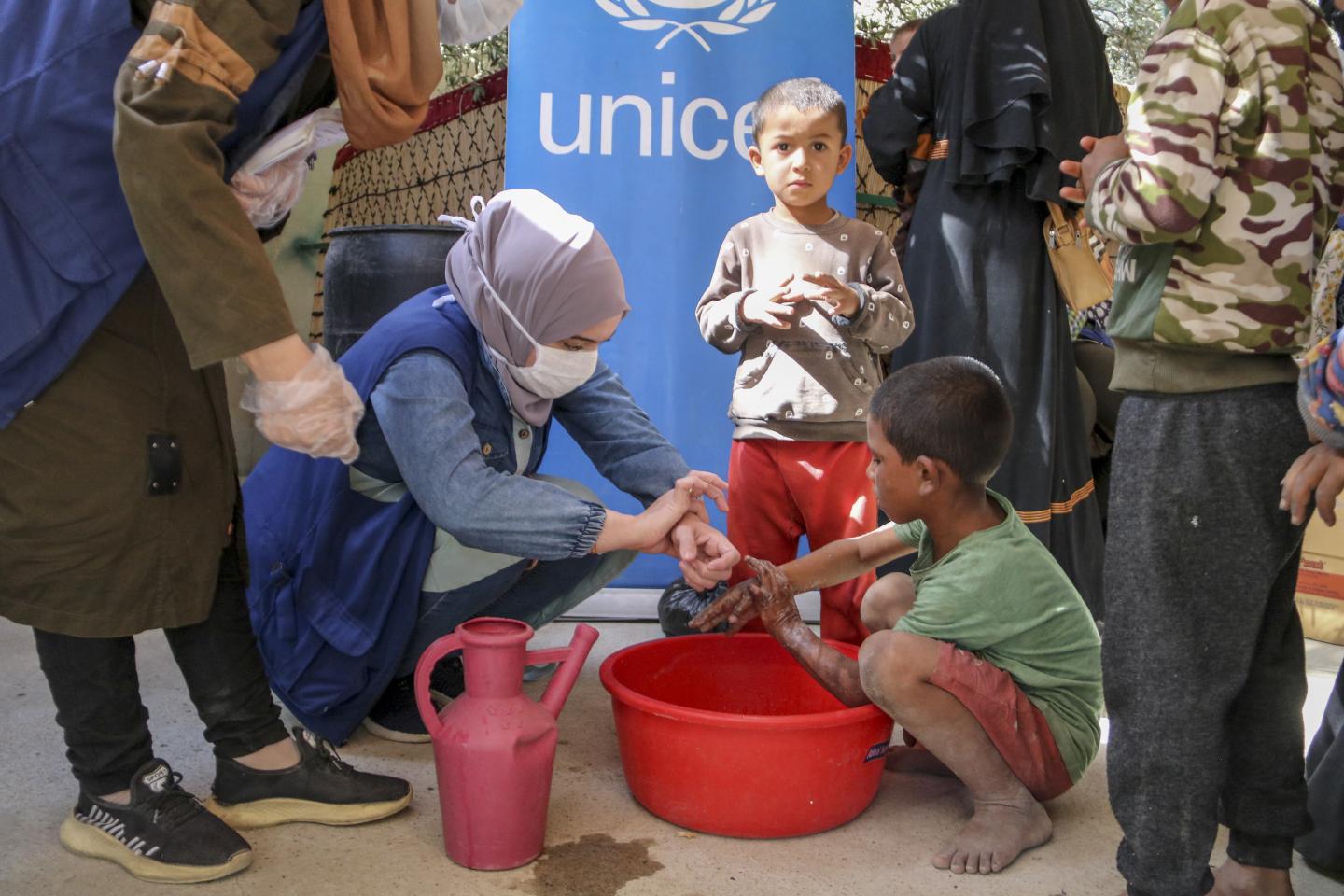
In a recent assessment conducted by the UN, a distressing picture has emerged regarding the spread of cholera in war-torn Syria. The findings highlight the urgent need for immediate action to combat this deadly waterborne disease that has been spreading rapidly throughout the country.
Cholera is a highly contagious bacterial infection that spreads through contaminated water and food. It causes severe diarrhea and vomiting, leading to rapid dehydration and, if left untreated, can be fatal. The lack of access to clean water and sanitation infrastructure puts millions of Syrians at risk.
According to the findings between August 25, 2022, and September 2, 2023, there were 105 deaths and more than 189 cases of cholera. The UN Office for the Coordination of Humanitarian Affairs (OCHA) said that the deaths occurred during a recent epidemic and there were 189,374 suspected cases throughout all 14 governorates in Syria.
The report stated that the most affected governorates so far are: The densely populated Idlib with 75,959 suspected cases, at a rate of 40.1%, Aleppo, 63,255 suspected cases, at a rate of 33.4%, Raqqa, 23,032 suspected cases, at a rate of 12.2%, and Deir Ezzor with 20,797 suspected cases, at a rate of 11%.
The outbreak is exacerbated by high numbers of displaced people living in densely packed camps where there were 28,065 reported cases. Overcrowding in cities and towns and inadequate sewage and water facilities due to the destruction of vital infrastructure, including water and sanitation systems, which has severely compromised access to clean water and proper sanitation has created conditions for the disease to thrive and spread.
The UN warns that internally displaced persons (IDPs) and refugees are at the greatest risk due to the poor conditions in densely packed camps and limited access to clean water and proper sanitation. Children, pregnant women, and the elderly face additional dangers, as their immune systems may be weakened, making them more susceptible to the disease. The UN and its partners are calling for increased funding and support from the international community to scale up their response efforts and prevent the further spread of the disease.









